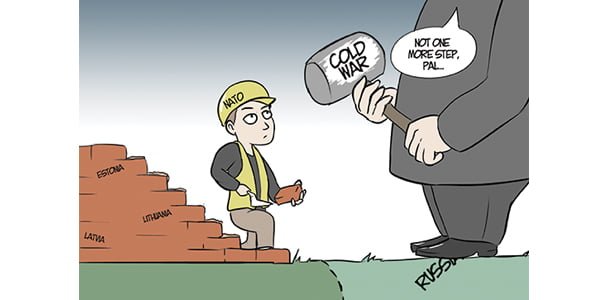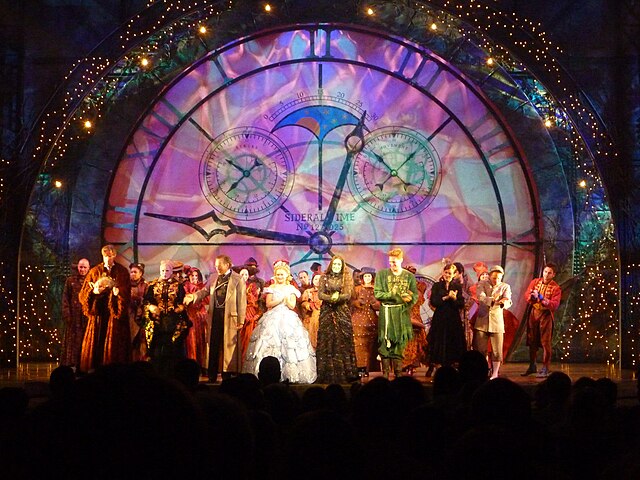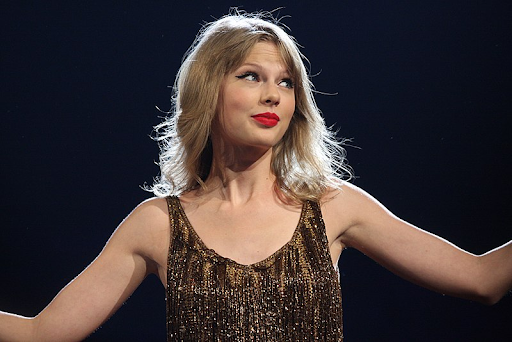The weather was unusually warm for February in Munich, but the discussion was cold.
“We are rapidly rolling into a period of a new Cold War,” said Russian Prime Minister Dmitry Medvedev.
This emphatic statement was but one of the significant comments made at the 2016 Munich Security Conference.
From Feb. 12 to 14, nearly 600 of the world’s leading decision-makers gathered in the Bavarian capital for the 52nd annual MSC.
Many presidents, ministers, kings and other premiers of the world’s nations met to explore and confront current major international security matters and to anticipate future ones.
In addition to the leading governmental figures, Kofi Annan, former secretary general of the United Nations, Salil Shetty, secretary general of Amnesty International, and Jens Stoltenberg, secretary general of NATO, were present at the conference.
On the second day of the MSC, Medvedev made his “new Cold War” statement. Referring to NATO’s encroachment in Eastern Europe, he argues that the West has broken its 1990 promise to the Soviet Union.
Natalya Shelkova, assistant professor of economics and a Russian native, explains the promise that was made 26 years ago.
“The NATO expansion to the East, which was promised (to the USSR leadership) not to happen, is indeed happening,” said Shelkova in an email interview.
This promise to refrain from expanding eastward was meant to prevent the necessity of further, broader international security measures. But now that NATO countries are closer to Russia, there is a greater risk of potential conflict.
Because of the excitement centered on his first comment, Medvedev wanted to clarify what he meant.
“I never said that a new Cold War has begun,” Medvedev told TIME on Feb. 15, two days after making the initial comment. “I said that NATO’s decisions are pushing us toward a new Cold War.”
By making these decisions, is NATO pushing buttons it should not press?
At the conference, just a couple of speakers before Medvedev, Jens Stoltenberg stated two things the organization does not desire.
“NATO does not seek confrontation,” said Stoltenberg. “And we don’t want a new Cold War.”
But if things continue progressing as they have, is a new Cold War inevitable?
The fact that many nations participated in the conference might show that the world is ready to tackle major security issues and to prevent another Cold War.
“(We need to) think about the impact (another) Cold War might have,” said senior Moira O’Neill, president of the Guilford Peace Society.
A new Cold War would have many major repercussions.
“(A new Cold War) would just cause more problems and fear for all people in the world,” said junior Chris Ianine, a Moscow native, in an email interview.
On the opening afternoon of the conference, King Abdullah II bin Al Hussein of Jordan implored the audience members to do what it takes to prevent further conflict.
“Let’s not find ourselves meeting again in a few years discussing threats we could have well prevented,” said King Abdullah.













